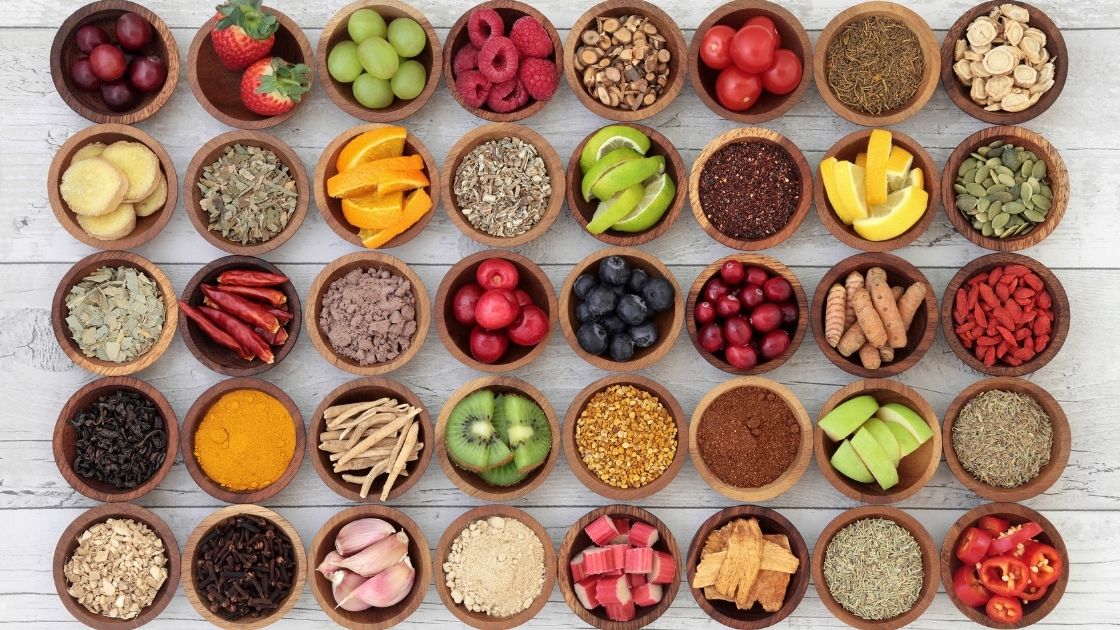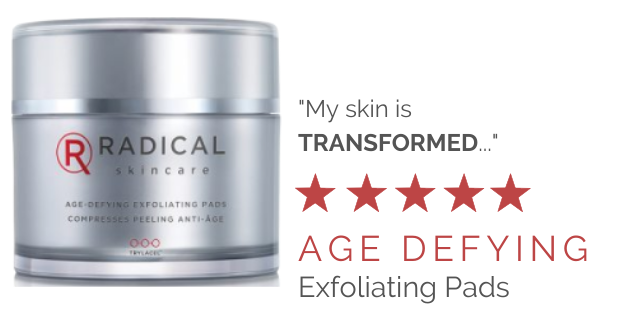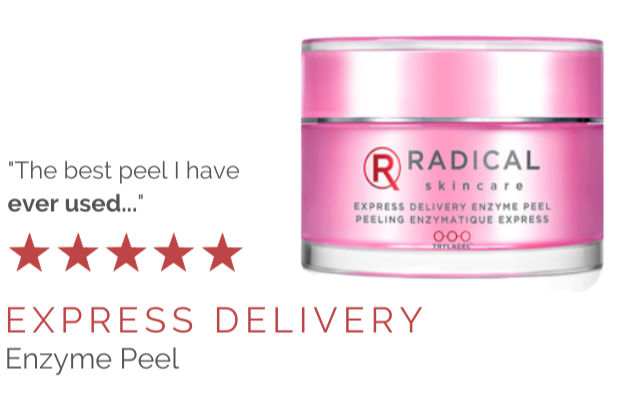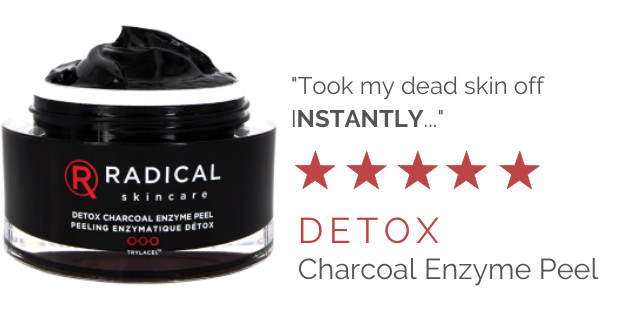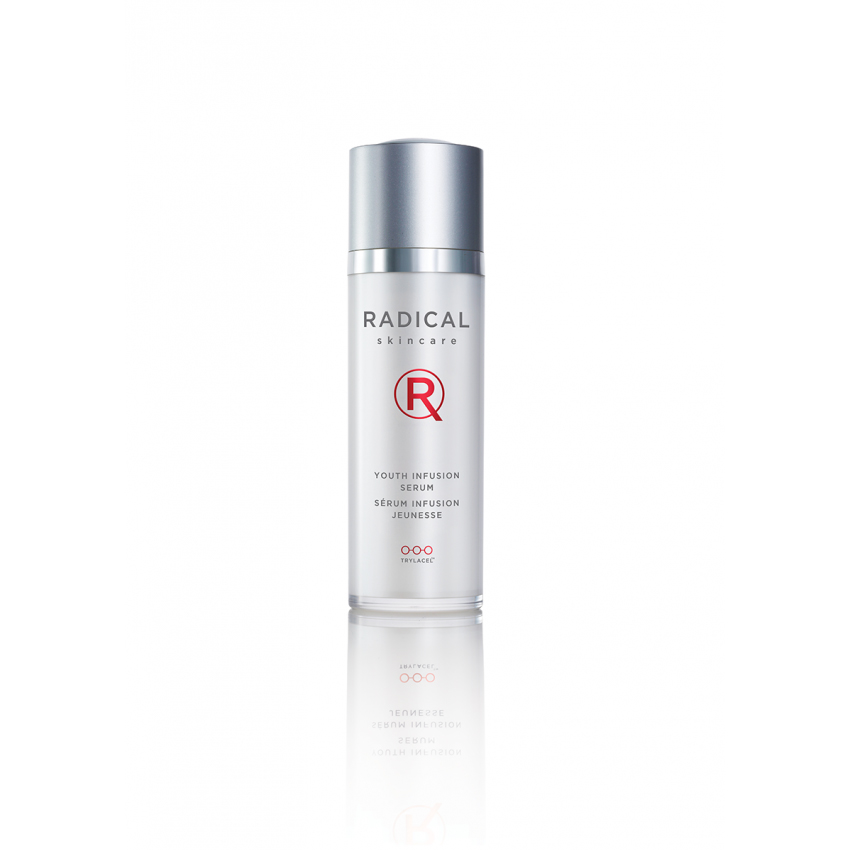Antioxidants are one of the best ways to age backward. What do we mean by that? Antioxidants can help reverse and prevent the most telltale signs of aging such as wrinkles, dark spots/sunspots, texturization, hyperpigmentation, and more.
What *Are* Antioxidants?
You’ve probably heard all about antioxidants while on your search for your dream skincare routine, but you most likely don’t actually know what they are. Antioxidants are materials that prevent your skin from oxidizing (hence the name ANTIoxidant) and keep your skin safe from pollution, UV rays, and other environmental factors. Think about an apple; it browns after sitting in the air for a while, right? Those fruit powders that you put on your fruit to keep it from browning are full of antioxidants. Now, imagine your face as that apple. Pretty cool, right?
Antioxidants are great for acne because they reduce redness and inflammation that is held deep within your skin. We use a plant-derived antioxidant called sepilift that prevents wrinkles, deeply moisturizes your skin, and firms up your face. Most antioxidants are plant-derived, making them safe, vegan, and effective; mother nature makes no mistakes!
There are so many different kinds of antioxidants, but there are a few names that you’ll probably recognize immediately.
Types of Antioxidants
Beta-Carotene
You may have heard of the importance of beta-carotene in your food, but it also has some great benefits for your skin. Eating a lot of this antioxidant can actually turn you a strange, orange/yellow color, but using it in your skincare can help regulate your skin tone and prevent hyperpigmentation. It also works well to reduce damage from UV rays and helps give you a healthy glow. Your body actually turns beta-carotene into Vitamin A when consumed, so you’re getting all of those benefits, too!
Vitamin A
There are a couple of types of Vitamin A; retinoids and carotenoids. Retinoids are frequently found in skincare products designed to reduce aging and scarring from sun damage or acne; heard of retinol? Retinol is a type of retinoid (and also a form of Vitamin A!). Carotenoids, on the other hand, are a natural melanin inhibitor, they stimulate new skin cell growth, and they also prevent the moisture in your skin from evaporating. Both types of Vitamin A are beneficial for skin, eye, immune, and reproductive health, so it might be a good idea to add a Vitamin A supplement to your diet, too!
Lutein
Lutein is actually a form of carotenoid (see above, Vitamin A) that is only created by plants. Lutein is great for protecting your skin barrier from environmental factors, especially when it comes to filtering blue light and UV rays. This healthy antioxidant is great for those who want a brighter, lighter skin tone without appearing washed-out or overly pale. There are also links that consuming small doses of lutein helps brain health and can even make you feel happier.
Vitamin C
Vitamin C, a dermatologist cult-classic, is one of the most popular antioxidants on the skincare market. Vitamin C does a great job of regenerating skin and fading dark spots and scars. It also acts as a collagen booster, making it one of the headlining ingredients in anti-aging skincare products as it reduces fine lines, wrinkles, and helps to firm up the skin. Vitamin C is also an anti-inflammatory and works to reduce redness and inflammation inside the body and outside it. Vitamin C is known to be a great boost to your immune system, so if you’re starting to feel a little sick, take large doses of Vitamin C!
Lycopene
One of the lesser-known antioxidants, lycopene is used to prevent and heal the damage done to your skin’s natural collagen production by regulating the amount of collagen released. This helps maintain skin elasticity, reduce/prevent wrinkles, and smoothen the skin. It’s rarer to find lycopene in skincare and is actually used more in dietary supplements that help your skin from the inside, but it’s important to skin health nonetheless! There has also been some research on using lycopene to help treat different kinds of cancers.
Vitamin E
Who knew so many antioxidants are also essential vitamins? Vitamin E is an ingredient commonly found in lotions and chapsticks as it soothes dry skin and encourages new skin growth quickly and efficiently. In skincare, Vitamin E is frequently used to heal UV damage and prevent environmental factors, like pollution or dust, from damaging your natural skin. This antioxidant is beneficial to all skin types in small amounts but may cause problems for people with oily skin in large topical amounts.
Selenium
Selenium is very similar to Vitamin E, but don’t be confused; they’re not the same! Selenium actually works with Vitamin E hand-in-hand to help protect skin cell membranes from environmental damage (if you haven’t been able to tell by now, antioxidants are great at kicking environmental factors’ butts). Selenium doesn’t stay in the body for very long, but it’s still important and should, therefore, be used in skincare products or be consumed daily.
So… How do I Incorporate Antioxidants?
Antioxidants are extremely important for your bodily functions and affect all aspects of your health. Not only are they great for immune, digestive, reproductive, cognitive, and other body systems, but they’re a game-changer when it comes to your skin health. Despite this, most skincare companies just toss in a few antioxidants into their products and call it a day, which is a problem because normally, antioxidants lose their effectiveness once they’re combined with other ingredients. However, there’s a solution! Here at Radical Skincare, we use a special break-through technology that no one else has ever used before; Trylacel Technology. Trylacel Tech combines antioxidants with skin-repairing active ingredients and other skin-calming additives, preventing healthy antioxidants from losing effectiveness. Radical Skincare has the most powerful antioxidant complexes on the market, and we’ve got USDA studies to prove it! Read more about our Trylacel Technology here.
-Sabrina Cooklin

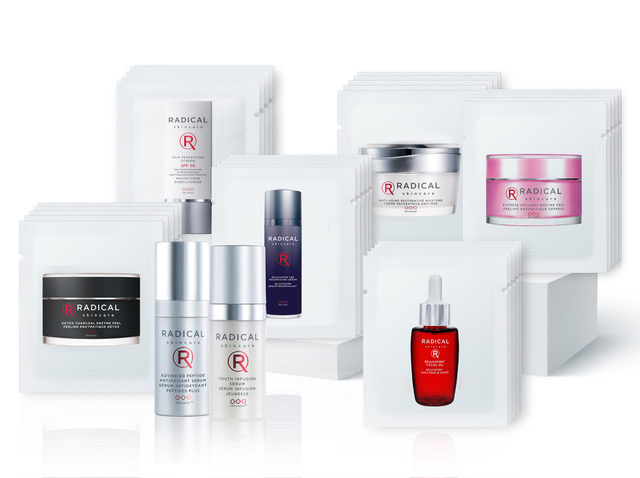
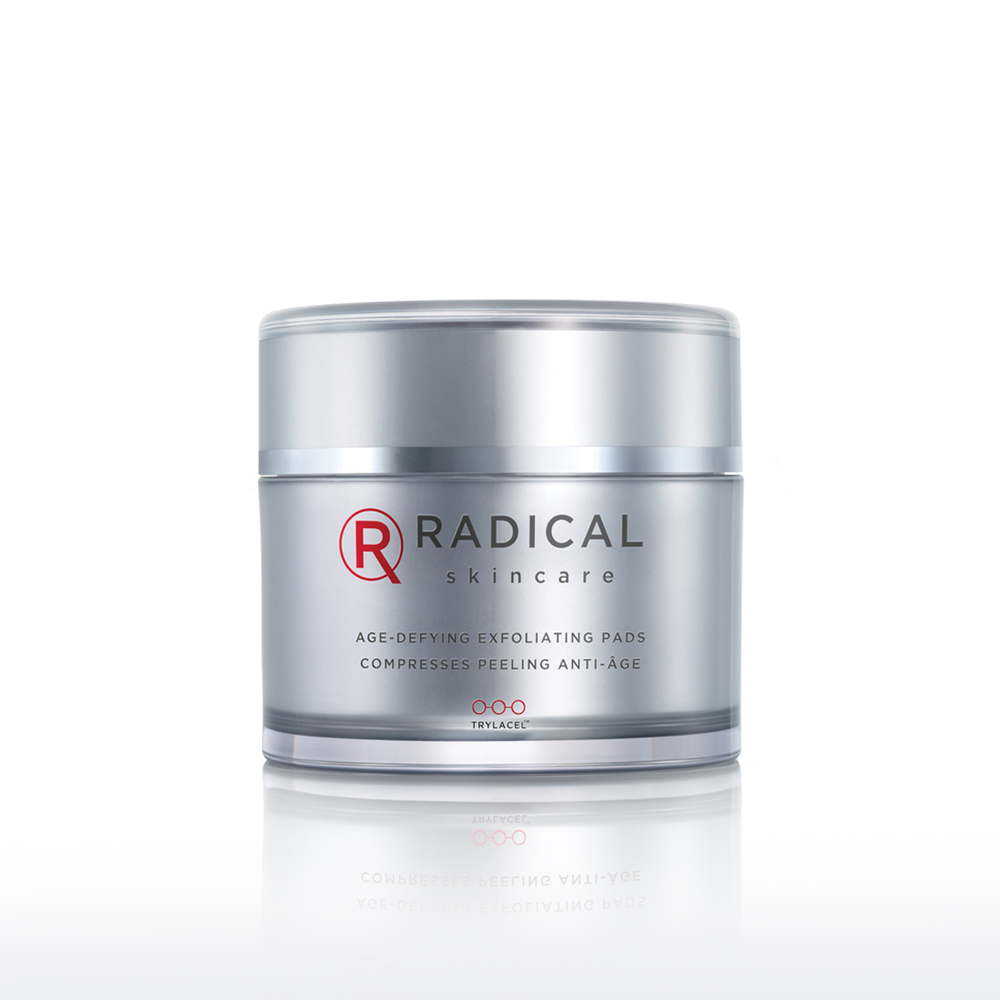

 Clear
Clear
